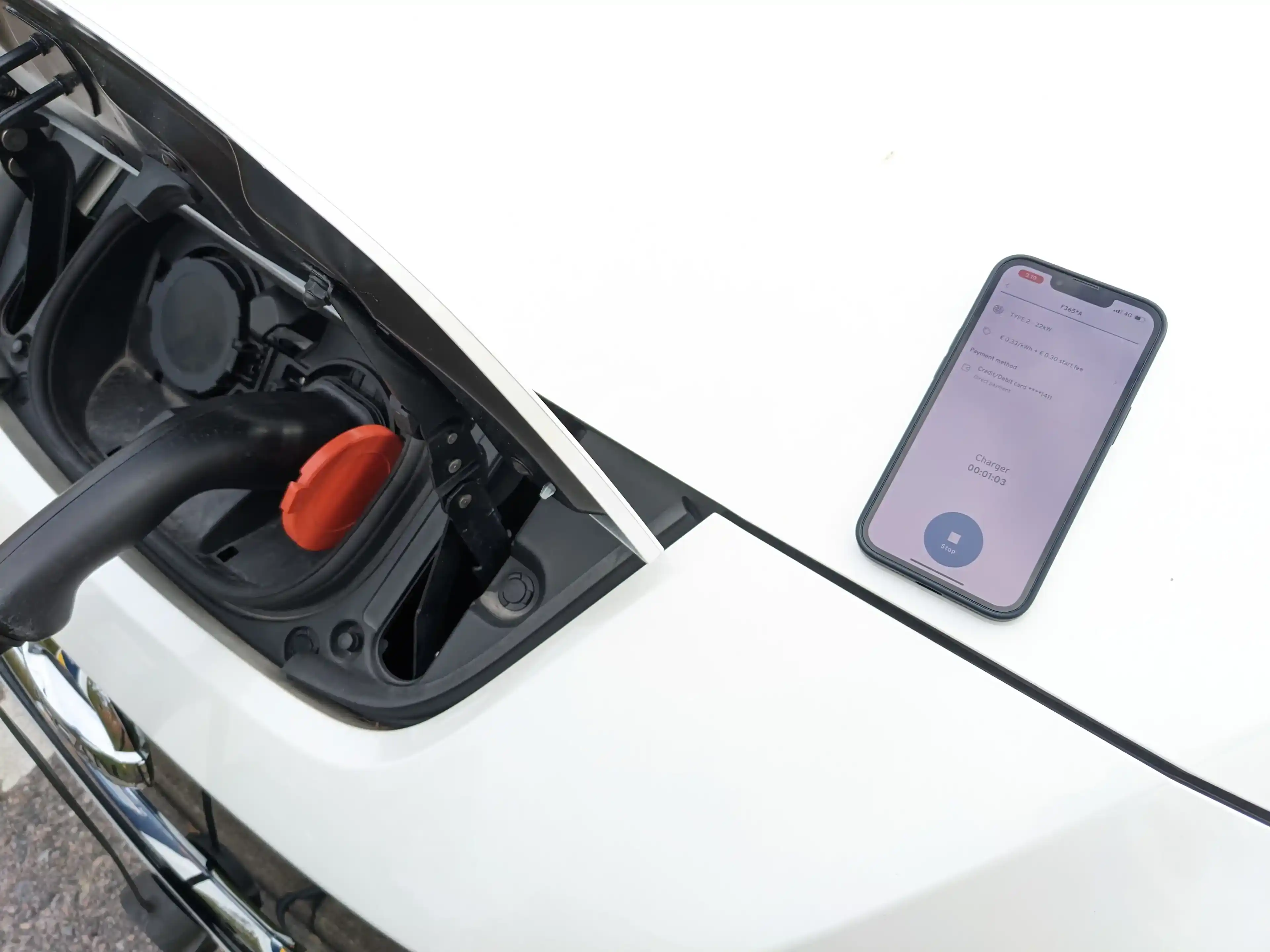Share
Will ultra-fast charging replace regular electric car charging?
Will ultra-fast chargers be the “petrol pump” of the future and take over from the slower charging options?
To most people’s delight, charging technology for electric cars is developing at breakneck speed. Ultra-fast chargers, with the potential to deliver several hundred kilowatts, have already arrived. Cars that can take this fierce charging effect have been announced by the major car makers, and are also on the way.
We are starting to approach very acceptable charging times and ranges for electric cars, so that even the most sceptical car buyers are now thinking of going electric.
But will this development have effect on “normal” charging speeds?
Destination charging
The first thing to look at is what you’re doing, where you’re going and how long you’re going to stay where you’re travelling to. Although we want to see fast chargers getting quicker and quicker, and the cars able to take on more and more power, destination charging will remain a big part of electric car drivers’ charging routine.
STILL THE NORM: Normal charging, especially at destinations and at work, as here at NRK Marienlyst, will remain a common way to charge electric cars in the future.
There is a difference between travelling to a hotel and plugging the car in overnight, and going to a restaurant which offers fast charging while you take a quick snack before driving on.
The difference lies in what you need to do, and how quickly you have to do it. If you are going to spend the night in a hotel, i.e. a destination, it is much more practical to charge your electric car overnight. It is also more affordable financially. If you have to make a short stop for a top up to get you to where you are going, it makes more sense to fast charge.
Home charging
We must also remember that our home chargers are normal chargers. Charging with alternating current (AC) will still be what we have for home use. Installing a fast or ultra-fast charger at home will be very expensive.
It is of course practically feasible to install a fast charger at home, but it’s probably safe to say that you won’t get the effect you might hope for.
NORMAL HOME CHARGING: In the future, home chargers will probably still charge at roughly the same rate as they do today.
To avoid getting bogged down in all the technical details, we can leave it right there. The main point is that the electrical system in your home probably cannot cope with it anyway, and nor probably can your wallet.
It would certainly be interesting to have semi-fast fast chargers providing perhaps around 25 kW for some businesses. Having this at home for private use is probably still a bit out of the question.
Installing a fast or ultra-fast charger at home will probably not be the norm to begin with. Not many people have petrol pumps in their garage either, and much of this probably depends both on the price and on what is most practical.
